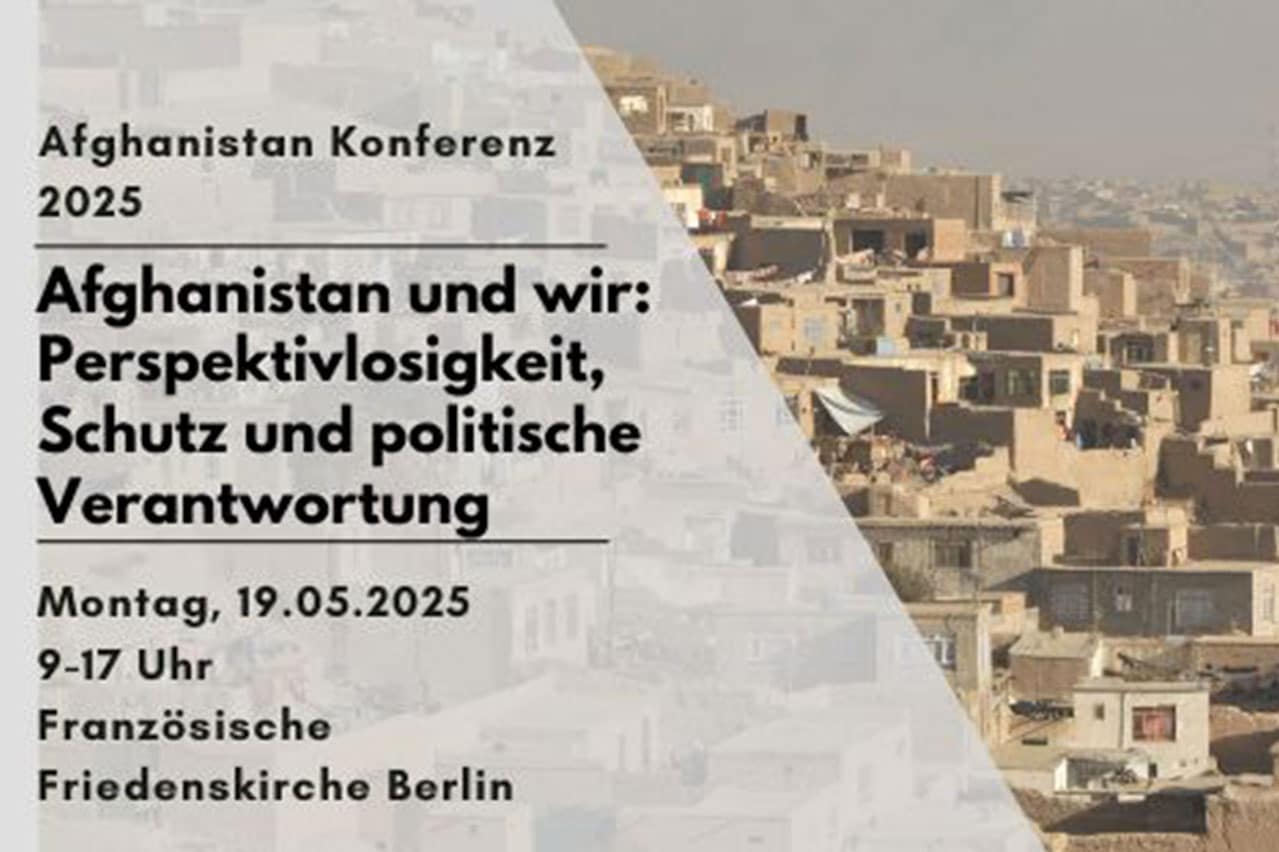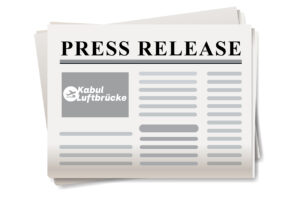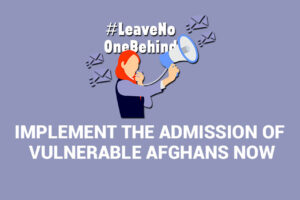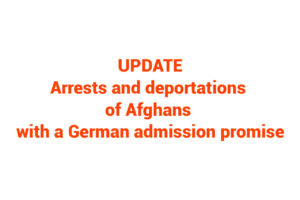Before 2021, pluralistically oriented forces had tried to shape a democratic Afghan state that granted equal rights to all people in the country. Many people had worked together with German and European actors in this effort. This, along with the missions in Afghanistan and the validity of fundamental legal regimes such as the Geneva Refugee Convention and the Universal Declaration of Human Rights, forms the basis for Germany’s obligation to support Afghan women and men.
What is the current situation in the country? What is the status of the reception of Afghans in Germany, and how is the situation for Afghans in the German asylum process? Which asylum-related questions are relevant in this context? How are foreign policy and diplomatic relations with Afghanistan shaped? Are there any pressure tactics available to the German government? How are women experiencing gender apartheid, and what is the situation for LGBTQAI+ individuals? What has been successful, and where do we need to improve? Lastly, the realities of Afghan lives in Germany should also be considered, as well as the oppression of Afghan activists, journalists, former local staff, and employees of the Afghan government living in Germany under the Taliban regime.
By addressing this extensive range of topics, we aim to strengthen the rule of law and human rights in and from Afghanistan and influence German politics and society.
The individual event points and registration are available at the following link: Afghanistan and Us – Evangelische Akademie zu Berlin




